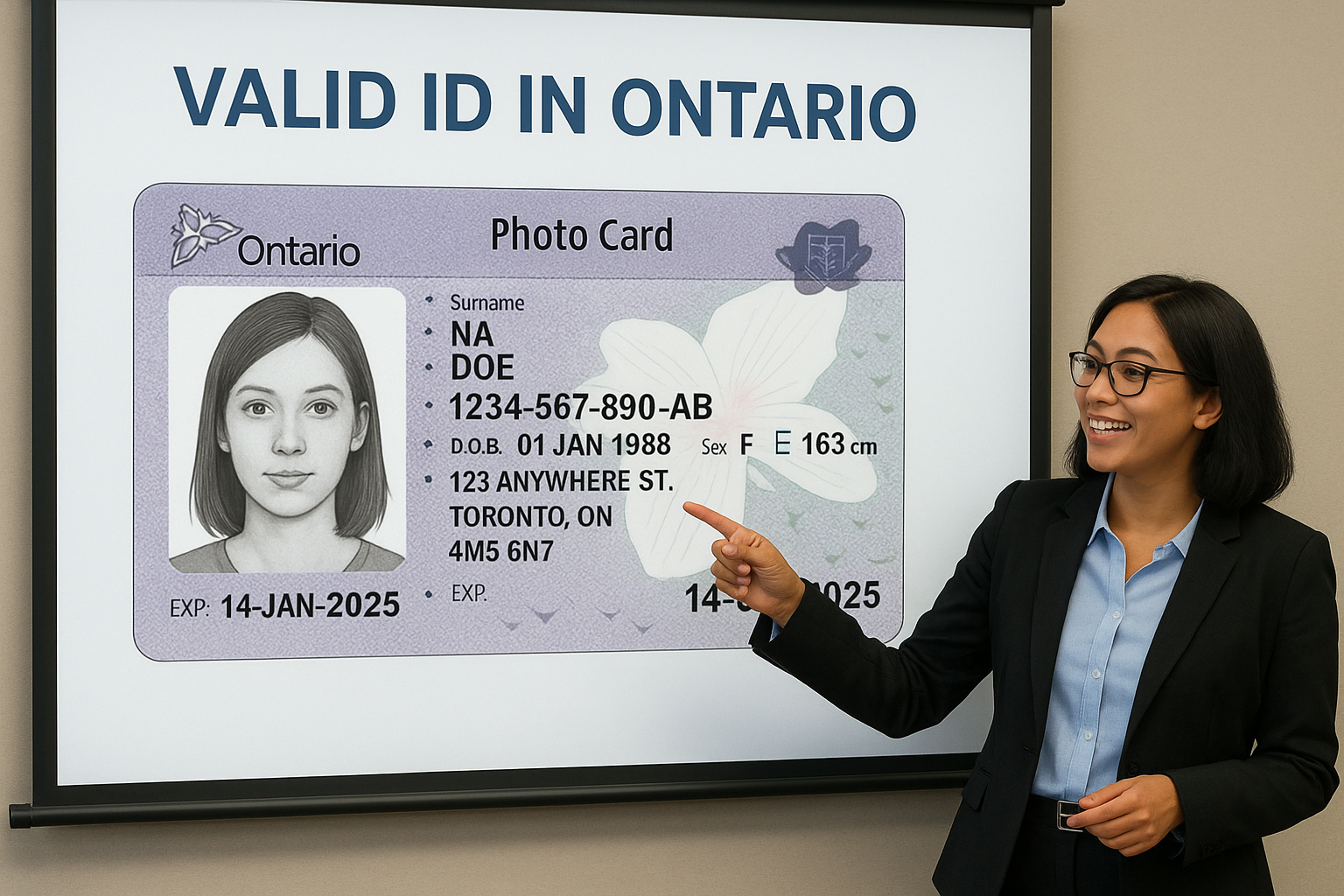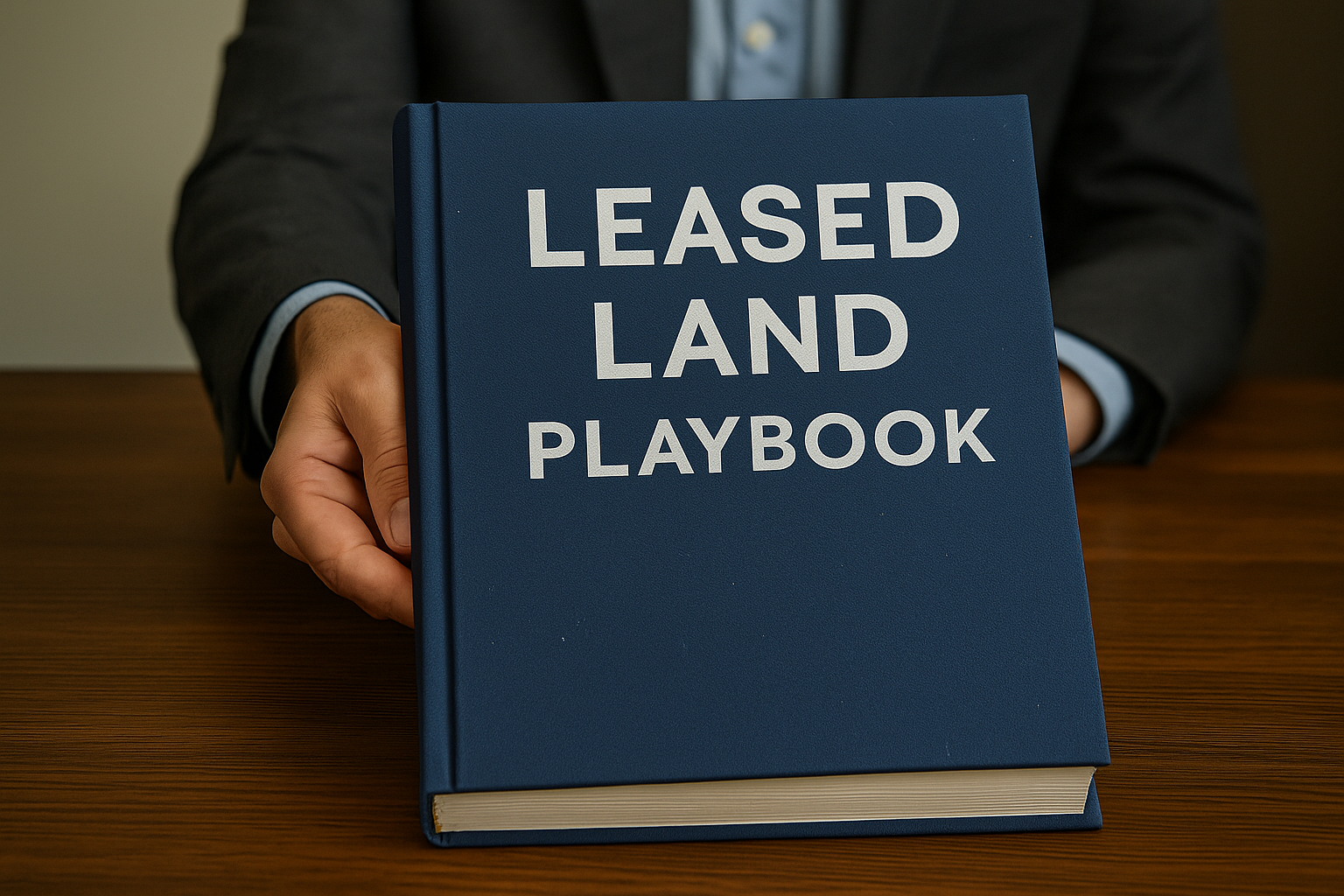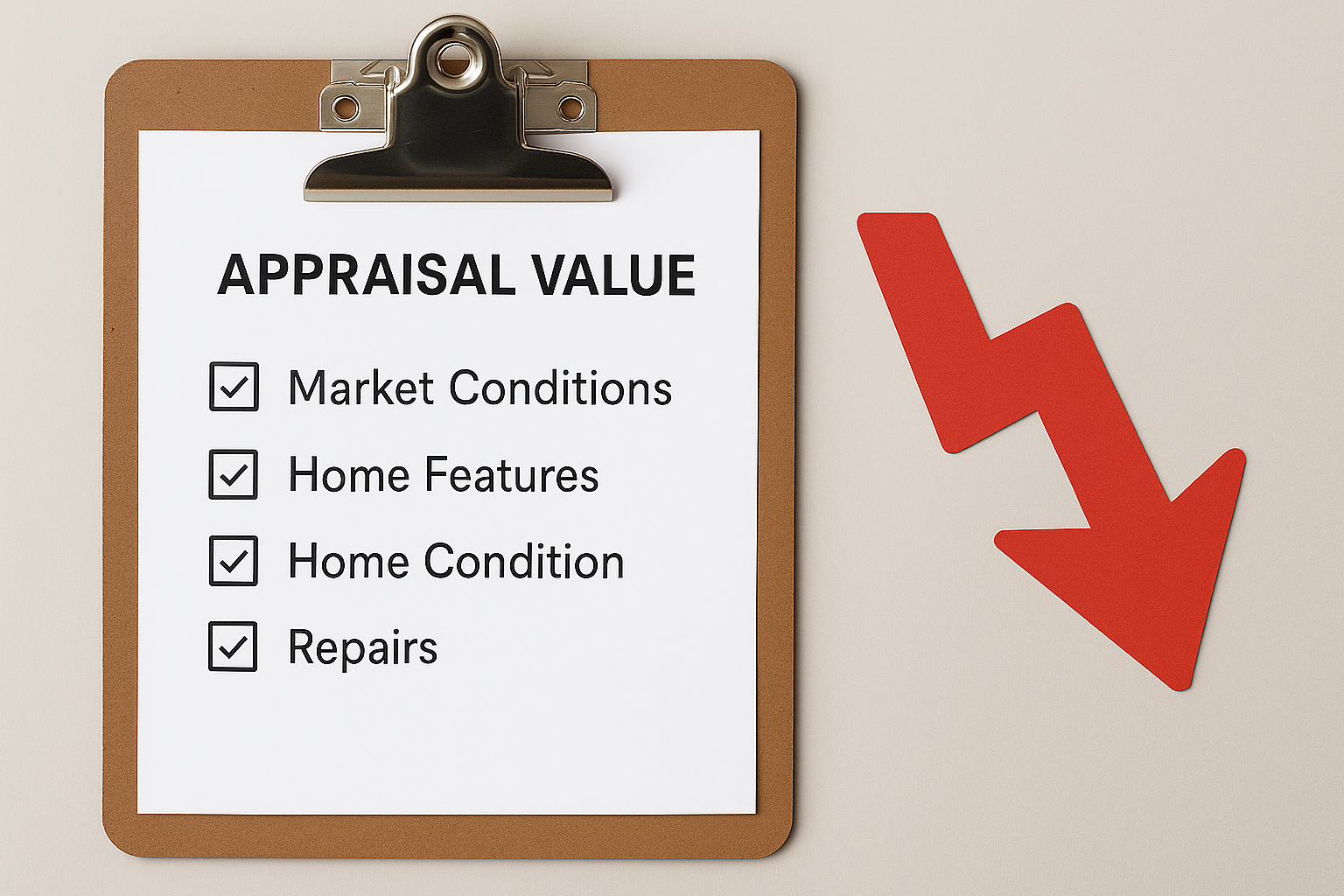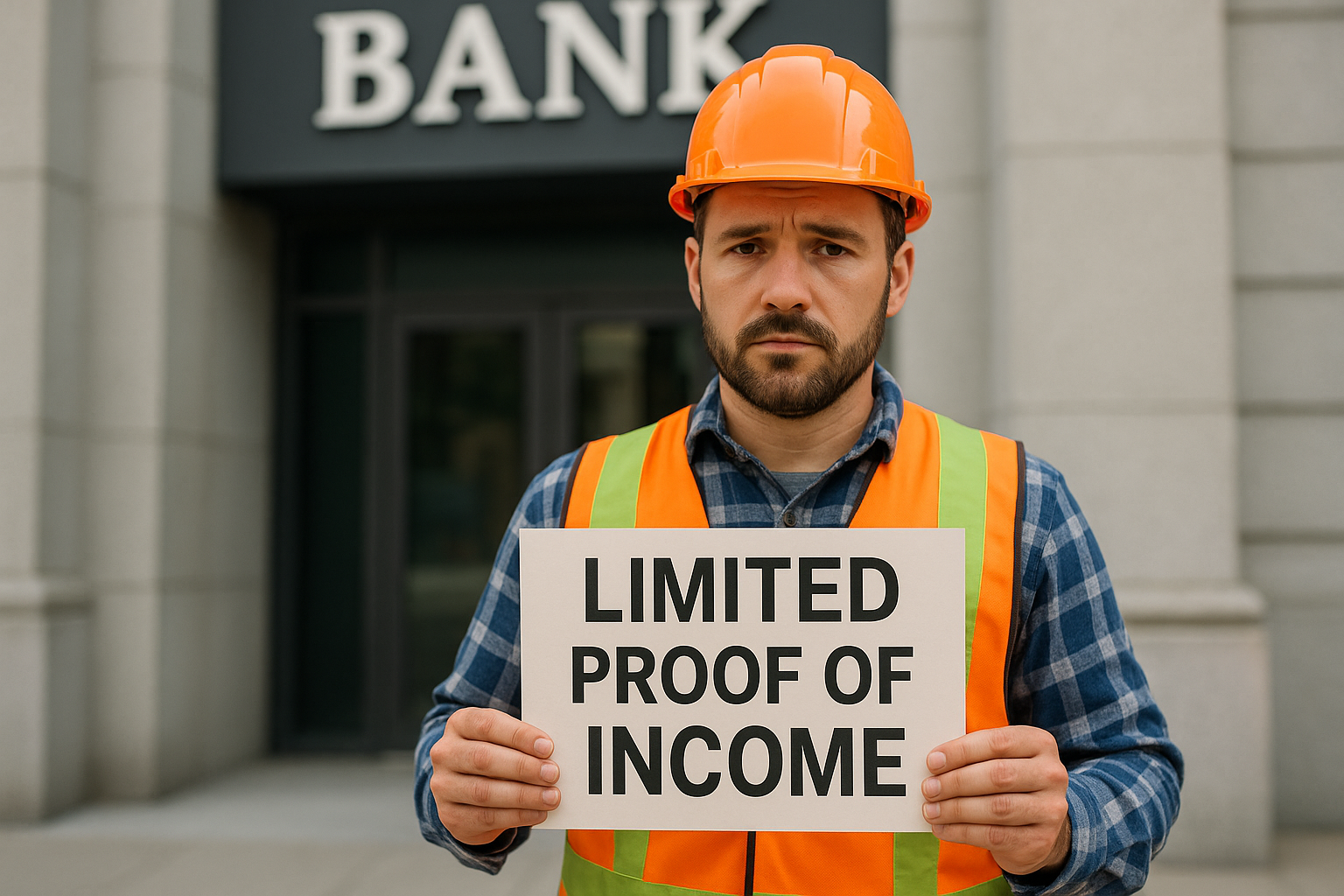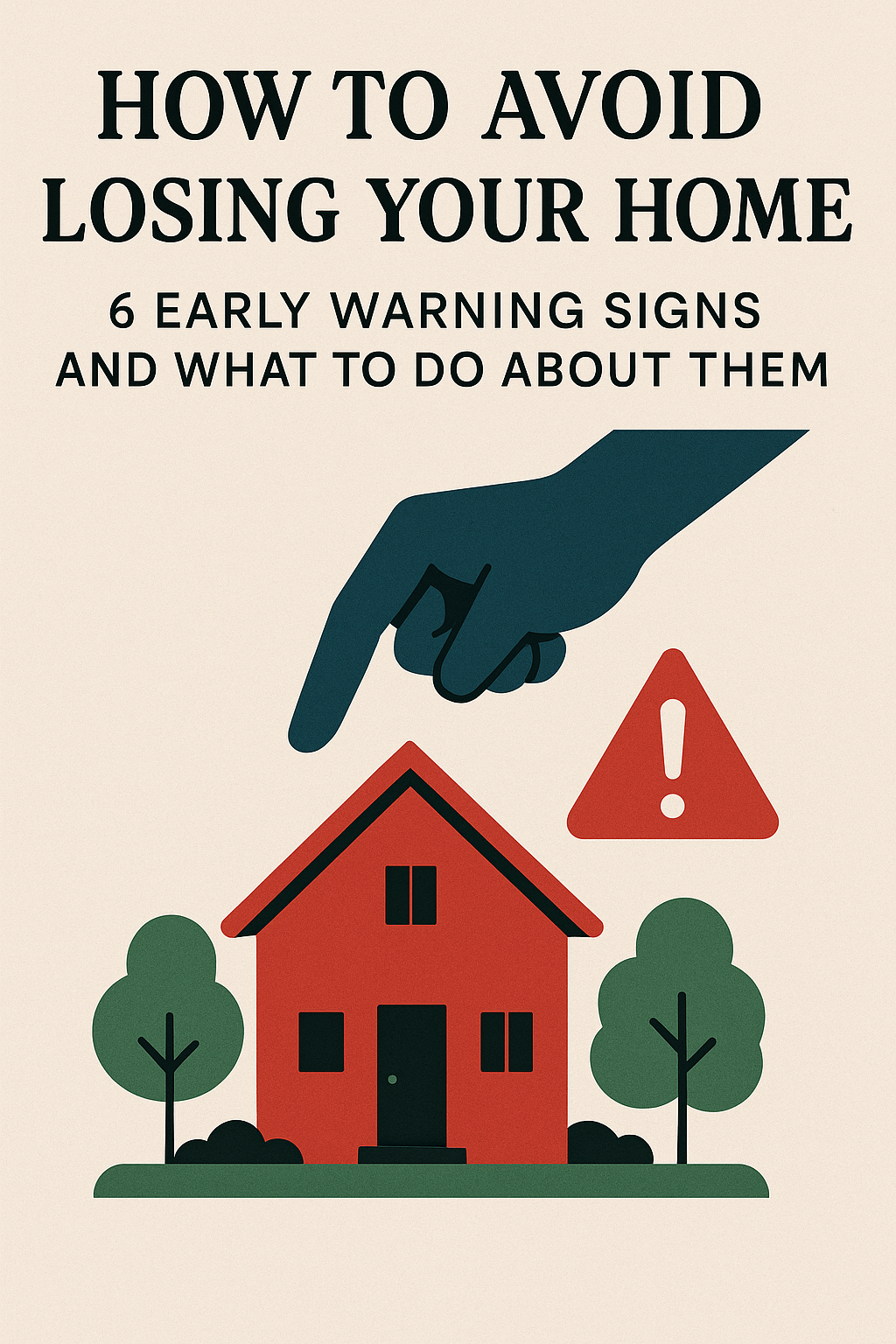Table of Contents
ToggleHow to Get a Mortgage for Land in Ontario: A Deep Dive
Insight On Land Financing in Ontario
Purchasing land in Ontario can be an exciting opportunity for real estate investors, prospective landowners, and those interested in agricultural or rural properties. Whether you’re looking to build your dream home, start a farm, or simply invest in a plot of land, getting a mortgage for land can be more complex than a standard residential mortgage. This comprehensive guide will help you understand the ins and outs of land mortgages in Ontario, including eligibility requirements, lender options, interest rates, and more.
Understanding Land Mortgages
A land mortgage is a loan specifically intended for the purchase of land, either vacant or partially developed. Unlike residential mortgages, which are backed by physical structures, land mortgages are more challenging to secure because they are considered higher risk by lenders. The land could be raw (undeveloped) or serviced (with utilities in place), and the type of land affects how the mortgage is structured.
In contrast to residential mortgages, where lenders can rely on the value of the built home, a land mortgage is dependent on the future potential of the property. This can make it more challenging to qualify and may involve higher interest rates. It is essential to understand that lenders view raw land as riskier than serviced land, which is why the requirements are more stringent.
Eligibility and Requirements for a Land Mortgage in Ontario
To qualify for a land mortgage in Ontario, you need to meet several eligibility criteria. These requirements can vary depending on the lender, but generally, you will need to provide:
- Credit Score Requirements: A credit score of at least 650 is typically preferred. The higher your credit score, the better the chances of securing favorable terms.
- Down Payment Expectations: Lenders usually expect a down payment of between 25% and 50% of the purchase price. For serviced land, the down payment may be on the lower end, whereas raw land generally requires a higher down payment due to increased risk.
- Income Documentation: Lenders will require proof of income, such as pay stubs, tax returns, and other financial statements to assess your ability to repay the mortgage.
- Property Appraisal: The value of the land must be appraised to determine its market value. Zoning considerations and future development potential are also factored in by the appraiser.
Most lenders will only finance up to 65% of the land’s value (loan-to-value ratio), with anything above this being assessed on a case-by-case basis. This means that a larger down payment or additional financial stability may be needed to get the approval you need.
Types of Lenders for Land Mortgages
When it comes to getting a mortgage for land in Ontario, there are two main types of lenders: institutional lenders and private lenders. Each has its benefits and drawbacks, depending on your situation.
- Institutional Lenders (Banks, Credit Unions)Institutional lenders, such as banks and credit unions, are often the first choice for many individuals seeking land mortgages. These lenders offer the most competitive interest rates and are highly regulated, providing borrowers with a sense of security.
However, they also have stringent eligibility requirements. Applicants need to have excellent credit scores, a stable income, and a significant down payment. Institutional lenders are generally less willing to finance raw or undeveloped land.
- Private LendersPrivate lenders can be a great option if you don’t meet the strict requirements set by institutional lenders. Private lenders are more flexible with eligibility criteria, but they often charge higher interest rates due to the perceived increased risk.
Private lenders are particularly useful for those purchasing raw land or individuals with lower credit scores. If you are unable to secure financing from a bank, private lenders can help bridge the gap. However, you should be prepared for higher costs and a shorter loan term.
Interest Rates and Down Payment Requirements
Interest rates for land mortgages tend to be higher than those for residential mortgages, given the perceived risk associated with undeveloped or vacant properties. The rates vary depending on the type of lender, the borrower’s financial situation, and the type of land being purchased.
- Institutional Lenders: Interest rates offered by institutional lenders are typically lower but come with more stringent qualification requirements. The down payment required is usually around 25-30% for serviced land.
- Private Lenders: Interest rates from private lenders can range from 8% to 15%, depending on the borrower’s creditworthiness and the specific risks associated with the property. Down payments may range from 35% to 50% of the land’s value.
Most lenders will finance up to 65% of the land value, and anything beyond this amount will be considered on a case-by-case basis. This is an important factor to consider as it will directly impact the size of the down payment required.
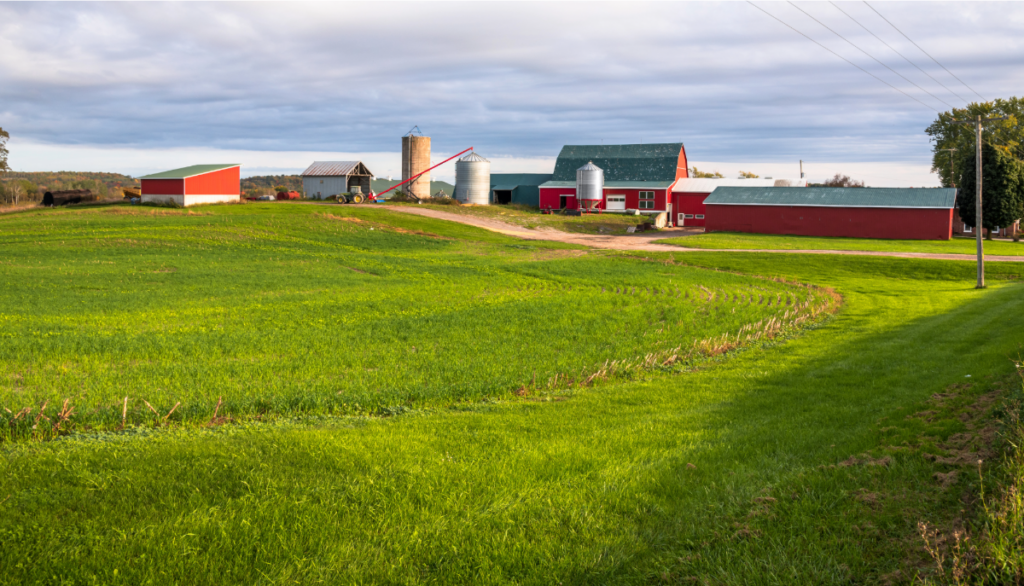
Step-by-Step Process to Get a Land Mortgage in Ontario
Purchasing land can be an intricate process, and obtaining the right mortgage is essential to ensure everything goes smoothly. Below is a step-by-step guide to securing a land mortgage in Ontario:
- Evaluate Land Type and Value
- Assess whether the land is serviced or raw, as this will affect eligibility and interest rates.
- Get an appraisal to determine the fair market value of the land.
- Find the Right Lender (Institutional vs. Private)
- Decide whether you want to go with an institutional lender or a private lender based on your qualifications and the type of land you are buying.
- Prepare Required Documents
- Gather all necessary documents, including proof of income, credit history, and property appraisal reports.
- Application Process and Appraisal
- Submit your mortgage application along with the required documents. The lender will conduct an appraisal to evaluate the value of the land and assess your eligibility.
Hypothetical Example: Peter’s Journey to Buy Land
Peter, a real estate investor, decided to purchase a plot of land in rural Ontario to eventually build a vacation home. After finding the perfect property, Peter faced several challenges along the way, including difficulty finding a lender that would finance raw, undeveloped land.
Peter initially approached his bank but was denied due to the bank’s strict requirements for undeveloped land. He then opted for a private lender who was willing to finance 60% of the property’s value. Although the interest rate was higher, Peter found the flexibility of the private lender to be worth it, as it allowed him to move forward with his investment.
Benefits and Risks of Land Mortgages
- Benefits: Purchasing land can be an excellent long-term investment, particularly in areas where property values are expected to be appreciated. Land ownership also offers flexibility for development, farming, or recreational use.
- Risks: There are risks associated with purchasing land, such as zoning restrictions that may limit what you can do with the property. Additionally, raw land can be more challenging to finance, and you may need to deal with unplanned development restrictions or costly land improvements.
Common Challenges and How to Overcome Them
- Difficulty with Obtaining Financing for Raw Land: Securing financing for raw, undeveloped land can be difficult due to the perceived risk by lenders. To improve your chances, consider providing a higher down payment or working with a private lender who is more flexible.
- Zoning Issues: Zoning regulations can limit the type of development that is possible on your land. Before purchasing, research zoning laws to ensure the land fits your intended use.
Summary on Getting a Mortgage for Land in Ontario
Purchasing land in Ontario is a unique opportunity for those looking to invest, build, or farm. However, getting a mortgage for land can be more complex than a typical residential mortgage due to higher risk and lender requirements. By understanding the process, working with the right lender, and preparing the necessary documentation, you can successfully finance your land purchase. Whether you choose an institutional or private lender, make sure to consider all factors, including down payment requirements and interest rates, to make an informed decision.
FAQ Section
- What credit score do I need for a land mortgage in Ontario?
- Generally, a credit score of 650 or higher is preferred.
- What is the average interest rate for land mortgages in Ontario?
- Interest rates can range from 6% to 15%, depending on the lender and the type of land.
- How much down payment is required to buy land?
- Typically, lenders require a 25% to 50% down payment, depending on the type of land and the lender.
- Can I use a land mortgage for agricultural property?
- Yes, but eligibility and requirements may vary depending on the lender and the intended use of the land.
- Are private lenders a good option for land mortgages?
- Private lenders can be a good option if you don’t meet institutional lender requirements or if the land is raw and considered higher risk.
- How do zoning laws affect my ability to get a land mortgage?
- Zoning laws determine how the land can be used, which can impact its mortgage eligibility. It is essential to research zoning regulations before purchasing.
- Leased Land Mortgages in Ontario: How to Qualify and What to Expect - June 30, 2025
- Hard Money Mortgage Lending in Canada: A Homeowner’s Guide - June 9, 2025
- What is Home Equity and How Does It Work? Learn More 2025 - June 6, 2025

